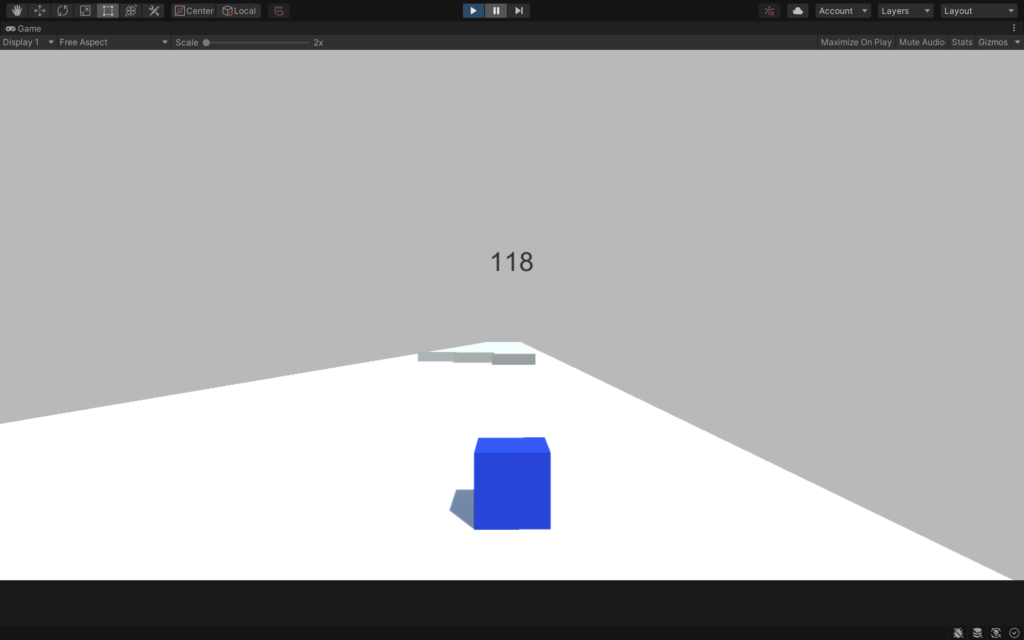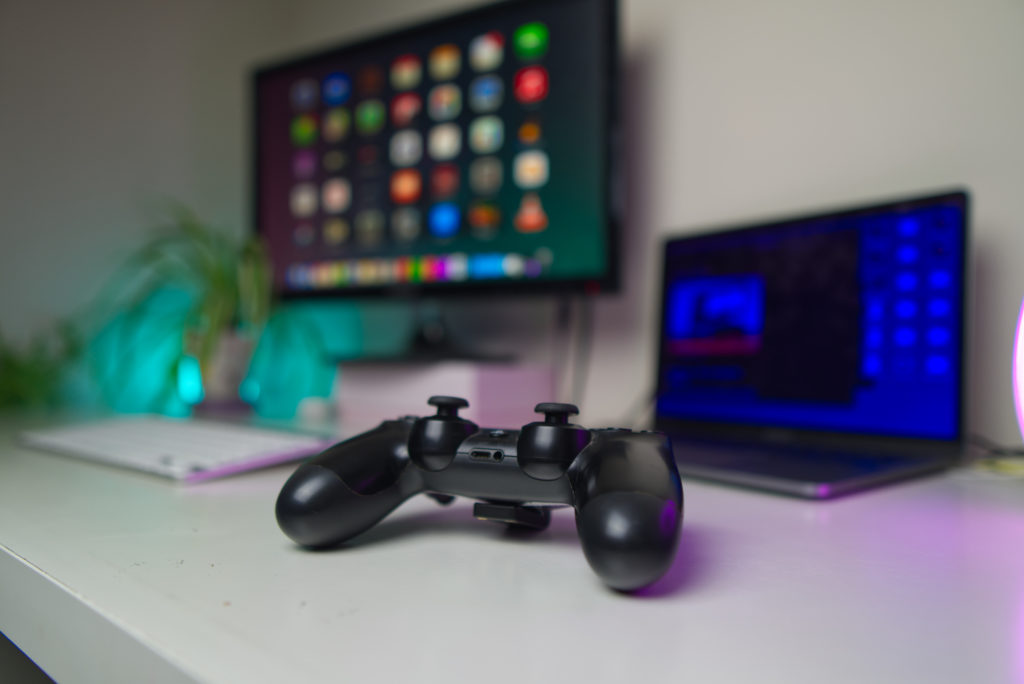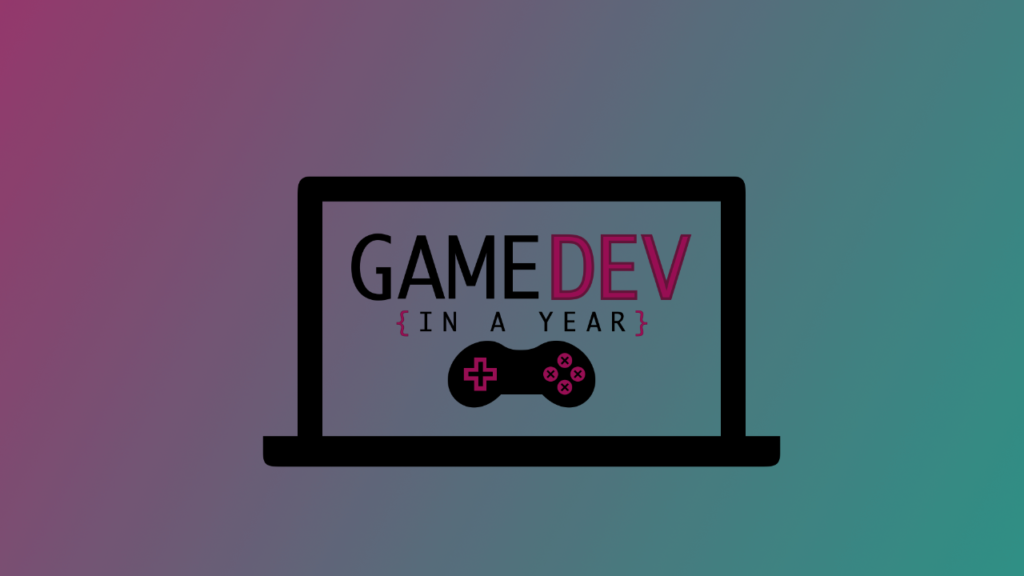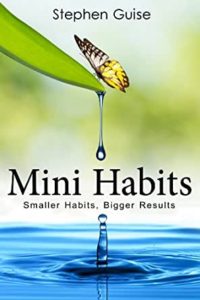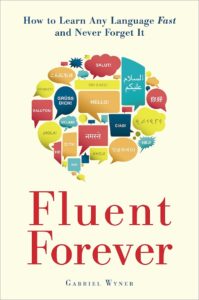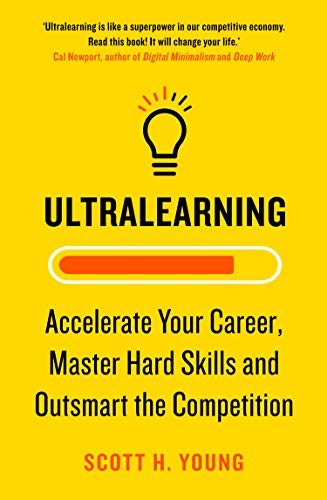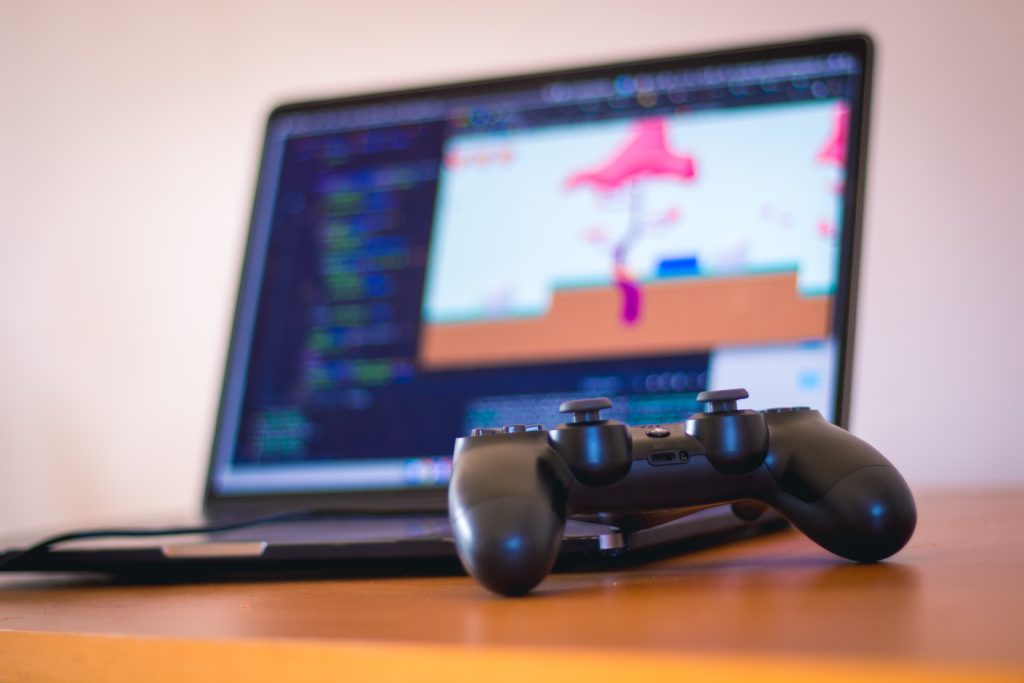Last week I set myself the challenge of waking up an hour earlier , going from 5:30 to 4:30. Lets just say it didn’t happen. I kind of knew it would be too much to change in a week, but once I get an Idea in my head I feel like I need to try it – I guess just to satisfy my ego.
Day 1 went as bad as you can get. The night before I just couldn’t sleep. I think it was a combination of excitement for the challenge and anxiety about missing my alarm. Usually I am sound asleep by 11pm, that night I was awake until 3am. Despite this my body clock still woke me up at the usual time of 5:30am. Great 2.5hrs sleep.
Its safe to say that it was not a very productive day. I could hardly focus, I was very snacky and, in a pretty bad mood. However, I tried to look on the positive side. At least I would be dog tired by the time 9pm rolled around and shouldn’t have any problem falling asleep that night …. right?
Wrong! The same thing happened again! It was so messed up, things were going horribly wrong, but why?
The Devil is in the Detail
Despite already being an early riser I soon realised I lacked some of the smaller important habits to succeed at this challenge. Habits like: setting an alarm, waking up to an alarm, winding down at night, going to sleep earlier. So I wasn’t just trying to wake up earlier. I was ACTUALLY trying to implement several new habits at once – whilst also having disrupted sleep. A recipe for disaster.
Additionally, I didn’t allow for life to get in the way. During the later part of the week my daughter got sick. She had a cold and this meant she was up ALOT. Then my wife got it, and then me. Getting up at any reasonable time was now just a challenge.
What I learned
I guess you can’t rush things like changing your sleep routine. And If you do, its unlikely to be sustainable, unless you’re in a environment that won’t let you stop – ie. you’re in the armed forces or you have children.
During the challenge, someone asked my why I needed to wake up even earlier than 5:30. I told them becuase I need more time to work, without my daughter or wife interrupting me. But the question made me realise I was thinking in one dimension – Time.
I had put on the metaphorical blinkers, instead of thinking of creative solutions to getting more work done. This seems to be the default thought process for most humans: more time equals more work. Instead, maybe I should be asking, how can I get the more work done in the same time? Or even better, what about the same work done in less time?
Either, way all this change needs to be built on a solid foundation of the smaller habits. Those unglamorous actions that feel almost pointless, like setting an alarm or winding down every nigh. Its these that prop up the those bigger, more ambitious behaviours we wish to change. But if we are in rush , we will try to cut corners and ignores those details, only later to find out that our poor foundations led to the whole habit collapsing. Sometimes even leading to a situation that is worse than where we started!.
Don’t be in a rush. Slow change is sustainable change. Don’t go for the glamorous big win, instead focus on the smaller details. Finally, life will get in way. Think about what you can achieve on your worst day and let that be your baseline.


